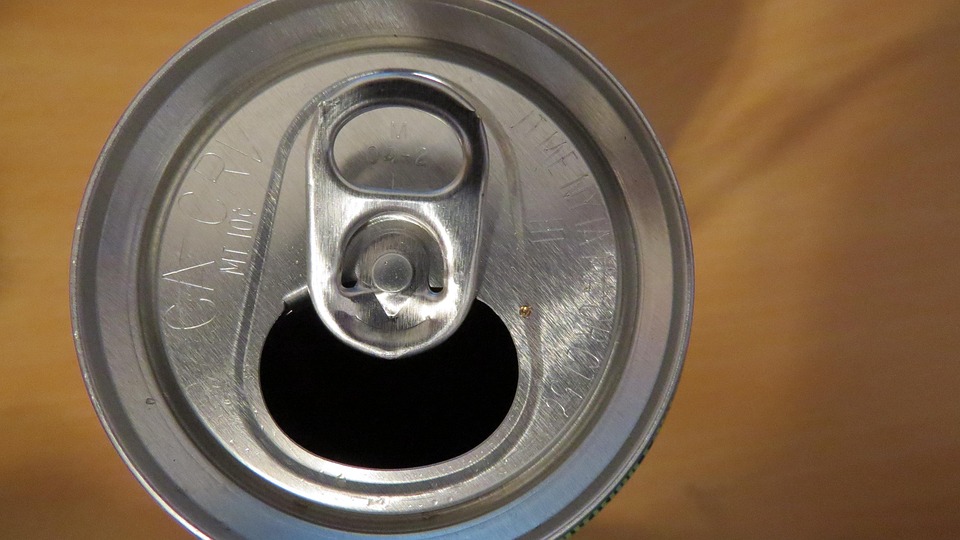NFL Team Travel: Complete Guide to Away Game Transportation and Logistics
Charter flight operations for NFL teams
NFL teams rely solely on charter flights for away game travel, ne’er use commercial airlines for team transportation. These specialized aircraft provide the space and privacy necessary for professional athletes, coaches, and support staff. Teams typically charter Boeing 767s or similar wide body aircraft that accommodate 150–200 passengers well.
The federal aviation administration require charter companies serve NFL teams to meet stringent safety standards. These aircraft undergo more frequent inspections than commercial flights and employ experienced flight crews familiar with sports team requirements. Teams oftentimes develop relationships with specific charter companies, use the same aircraft and crews throughout seasons to maintain consistency.
Flight scheduling depend intemperately on game times and locations. Teams play on the West Coast might depart Friday afternoon for Sunday games, while shorter flights allow Saturday departures. Weather contingencies invariably factor into travel planning, with backup departure times build into schedules.
Team travel roster and personnel
A typical NFL away game travel roster include 53 active players, plus practice squad members, coaches, front office staff, medical personnel, equipment managers, and media relations staff. The total travel party oft reach 150 200 people, require careful coordination and planning.
Players receive assign seating base on seniority, position groups, or team preferences. Veterans oft get priority seating, while rookies may find themselves in less desirable locations. Coaches and front office personnel typically occupy separate sections from players, allow for game planning discussions during flight time.
Medical staff invariably accompany teams, bring essential equipment and medications. Team doctors, trainers, and physical therapists ensure player health throughout travel and competition. Equipment managers coordinate the transport of uniforms, helmets, pads, and specialized gear require for games.
Departure timing and schedule coordination
NFL teams cautiously time departures to optimize player rest and preparation. Most teams prefer arrive at destinations 24 48 hours before kickoff, allow time for practice, meetings, and acclimation to different time zones or climates.
East coast teams travel west oftentimes struggle with time zone adjustments. Teams may adjust practice schedules and meal times during the week precede travel to help players adapt gradually. West coast teams travel east face different challenges, oftentimes deal with earlier kickoff times relative to their body clocks.
Saturday departures work advantageously for divisional games or shorter flights, while longer distances require Friday travel. Teams play Thursday night games face compress schedules, sometimes depart Wednesday or evening Tuesday for cross-country trips.
Airport operations and security
NFL teams use private terminals or separate areas of commercial airports to maintain security and privacy. These facilities allow teams to bypass standard security checkpoints while notwithstanding meet federal requirements. Players and staff undergo expedite screening processes design specifically for professional sports teams.
Team buses transport players direct to aircraft, minimize public exposure and maintain focus. Airport personnel coordinate with team officials to ensure smooth transitions from ground transportation to aircraft. Baggage handling receive special attention, with equipment and personal items load individually to prevent loss or damage.
Security personnel oftentimes accompany teams, especially for high profile games or when travel to cities with intense rivalries. These professionals coordinate with local law enforcement and airport security to ensure safe passage through all travel phases.
Aircraft amenities and player comfort
Charter aircraft serve NFL teams feature modifications design for athlete comfort and team functionality. Seats oftentimes recline air than commercial aircraft, with additional legroom accommodate large players. Some teams request specific catering, entertainment systems, or communication equipment.
In flight meals receive careful attention from team nutritionists and chefs. Players follow strict dietary requirements, and charter flights accommodate these needs with customize menus. Hydration remain crucial, with flight attendants ensure adequate fluid intake throughout travel.
Entertainment systems help players relax during flights. Many aircraft feature individual screens with movies, games, and music. Some players use flight time for game film study, review opponent tendencies or their own performance from previous games.
Ground transportation at destinations
Upon arrival, teams coordinate ground transportation to hotels and practice facilities. Charter buses provide secure, comfortable transport for the entire travel party. These vehicles oftentimes feature tint windows and police escorts for high profile games or security concerns.
Transportation logistics extend beyond airport transfers. Teams arrange buses for hotel to stadium trips, practice facility visits, and any team activities. Timing become crucial, as traffic patterns and local events can impact travel times importantly.
Some teams bring their own equipment trucks, drive cross-country to away games. These vehicles carry specialized items like practice gear, medical equipment, and backup uniforms. Truck drivers coordinate with flight schedules to ensure equipment arrives before teams need it.
Hotel accommodations and team headquarters
NFL teams select hotels base on location, amenities, and security capabilities. Properties near stadiums or practice facilities receive preference, reduce travel time on game days. Teams frequently book entire floors or sections to maintain privacy and team cohesion.
Hotel conference rooms serve as temporary team headquarters, host meetings, film sessions, and meal functions. Technical staff ensure adequate audiovisual equipment for presentations and game planning. Internet connectivity receive priority, as coaches need access to game film and communication systems.
Player room assignments follow team protocols, with roommate pairings oftentimes predetermine by coaches. Veteran players may receive single rooms, while younger players share accommodations. Curfews and team rules apply throughout hotel stays, with coaches and staff monitor compliance.
Practice facility arrangements
Teams must secure practice facilities at away destinations, oftentimes use local high schools, colleges, or professional training centers. These arrangements require advance coordination to ensure field conditions, locker room access, and security measures meet NFL standards.

Source: sportscasting.com
Equipment managers transport or arrange for practice gear, include footballs, block sleds, and medical supplies. Field maintenance staff may travel with teams for critical games, ensure play surfaces meet team specifications and safety requirements.
Practice schedules accommodate travel fatigue and time zone adjustments. Teams may hold lighter sessions after long flights, focus on mental preparation kinda than physical conditioning. Walk through practices help players adjust to new environments without risk injury.
Game day transportation and logistics
Game day transportation follow precise schedules coordinate with stadium operations and broadcast requirements. Teams typically arrive at stadiums 2 3 hours before kickoff, allow time for warm-ups, meetings, and final preparations.
Police escorts oftentimes accompany team buses through heavy traffic or hostile environments. These arrangements require coordination with local law enforcement and stadium security personnel. Alternate routes may be planned in case of traffic delays or security concerns.
Post game departures depend on flight schedules and team preferences. Some teams leave instantly after games, while others may stay all night before return dwelling. Player interviews, drug testing, and medical evaluations can impact departure timing.
Cost considerations and budget management
NFL team travel expenses represent significant budget items, with charter flights cost $100,000 $300,000 per trip depend on distance and aircraft size. Hotel accommodations, ground transportation, and meal expenses add substantial costs to away game operations.
Teams balance cost considerations with player comfort and competitive advantages. Shorter flights may allow commercial aircraft use for preseason games, while playoff travel ever involve premium charter services. Budget allocations account for weather delays, extended stays, and emergency travel situations.
Revenue sharing among NFL teams helps offset travel cost disparities between conferences. West coast teams face higher average travel expenses due to longer distances, while central division teams enjoy more manageable travel budgets.
International game travel procedures
NFL international games require enhanced travel planning and coordination with customs, immigration, and foreign aviation authorities. Teams may depart betimes than domestic trips, allow time for border processing and cultural adjustments.

Source: espn.com
Passport and visa requirements apply to all travel personnel, with team administrators coordinate documentation intimately in advance. International charter flights face additional regulations and may require specific aircraft certifications or crew qualifications.
Equipment transport become more complex for international games, with customs declarations and import regulations affect shipment timing. Teams oftentimes send equipment trucks days or weeks beforehand of personnel travel to ensure availability upon arrival.
MORE FROM nicoupon.com













